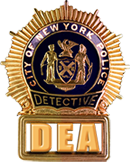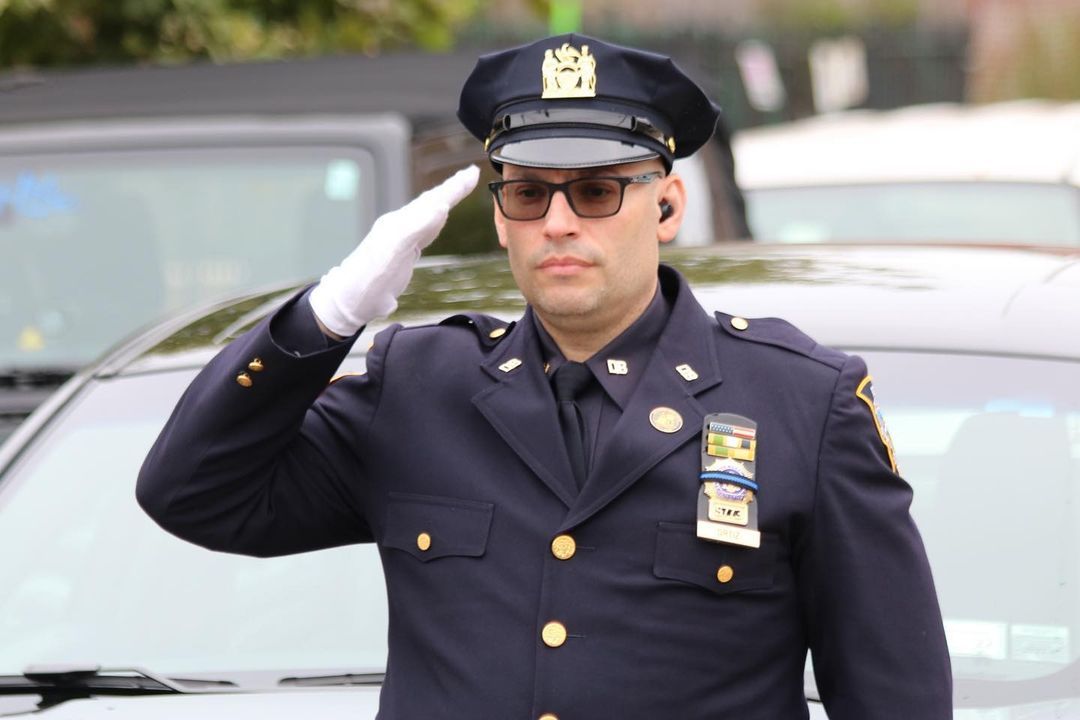The DEA issued a Letter of Opposition to “Congestion Pricing” in 2022, but we recently updated our Memo of Opposition and sent it to the Governor, per the request of the Police Conference of New York. The letter concludes with the request for exemption of all New York law enforcement to congestion pricing fines. Read the text of the full letter on the pdf link below:
2024 Memo of Opposition Congestion Pricing
On January 5, 2025, the NYC Congestion Pricing Tax (CPT) took effect for all motor vehicle traffic that enters the Central Business District (CBD), which is in Manhattan, south of 61st Street. The CPT for passenger vehicles is $9.00 per day upon entering the CBD during daytime hours (0500 to 2100; 0900 to 2100) and $2.25 per day upon entering the CBD during overnight hours (2100 to 0500; 2100 to 0900). There are some limited exemptions for emergency vehicles and certain Departmental vehicles; and there is a $3.00 per-trip credit for any vehicle that enters the CBD using the Lincoln Tunnel, the Holland Tunnel, the Queens-Midtown Tunnel, or the Brooklyn Battery Tunnel; but at this time, there is no pre-trip credit for vehicles that use the George Washington Bridge or the Tappen Zee Bridge.
During the entirety of the rollout of the CPT, the DEA has participated in a number of efforts to stop this program from taking effect. However, the Courts have consistently sided with the State, the City, and the MTA by permitting the CPT to remain in effect. The DEA has met with the Governor’s Office, the head of the MTA, and U.S. Senator Kirsten Gillibrand to discuss the CPT and has submitted a Memorandum in Opposition seeking, amongst other things, an exemption for MOS. However, to date, these efforts have proven unsuccessful.
The DEA has also communicated with the City, the NYPD, and the NYC Office of Labor Relations (OLR) regarding the practical impact the CPT will have on the monetary benefits of MOS who are assigned to commands, units, and posts within the CBD. Such discussions are still ongoing, given that such topic is considered a mid-term bargaining demand from the Union. Further, the DEA, along with the other NYPD police unions, continue their respective and collective lobbying efforts either to overturn the CPT or to create specific exemptions for public sector workers who cannot work from home, who must report to work on a daily basis, and who are assigned to commands, units, and posts within the CBD.
Finally, while there remains several pending cases in federal court initiated both for and against the CPT, including a matter initiated by the Governor of New Jersey, the Governor of New York, and the U.S. Department of Transportation, the current federal administration has signaled its intent to revoke the executive authority to the State and MTA to implement the CPT. However, the head of U.S. DOT, Sean Duffy, has placed a temporary 30-day pause on said revocation while the federal and state governments work towards a potential resolution of this dispute. We will continue to monitor this litigation, as well as all others regarding this issue.





